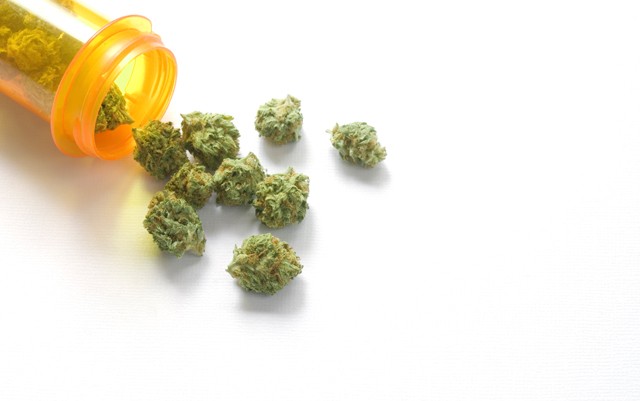The use of substances as medicine goes back before the history books. Even animals have been known to play with mildly toxic substances that researchers can only presume to be pleasurable, or ingest plants that are known to be medicinal.
It should come as no surprise, then, that many people self-medicate for many mental illnesses with marijuana. People taking marijuana for depression, anxiety, bipolar, and even attention-deficit (hyperactivity) disorder (ADHD) have been cited in the literature. The connection between mood and marijuana usage can be posited to begin in the teenage years, when teens first start making a connection—however subliminal—between their emotions and marijuana use. Older marijuana users have described how marijuana eases the symptoms of their ADHD, although it should be noted that, in the study, most of them did not have an official diagnosis (the study was done in Norway, which has far more stringent rules for diagnosing people with ADHD than in the US).
The unmet need for mental health care is associated with an increase in marijuana use, but mental health care use is not associated with a decrease in marijuana use. In particular, marijuana use and depression are intricately linked; marijuana use is associated with an increase in suicidal ideation and unplanned suicide attempts, but the study, as it was done, could not confirm that marijuana exacerbated these symptoms of major depressive disorder or caused them to begin with. The link between chronic stress and depression is well-established. In many cases, people use marijuana to deal with chronic stress, and it’s not hard to imagine that a little dose would feel good after a long and tiring day or week. Chronic stress is known to downregulate the endocannabinoid system, the system that helps a person cope with stress, and one way to upregulate the system is to ingest a cannabinoid. For bipolar disorder, interestingly enough, marijuana use is associated with a positive affect (broadly defined as “being able to feel or experience emotions”; the numbness that characterizes depression is negative affect), and not negative affect, which the researchers interpreted as “non-self-medicating behavior”.
It would seem that marijuana does have some ability to affect how we deal with mental illnesses. However, as with all medications, a pharmacological fix is only half the solution. Dealing with the underlying issues—the stressors, the situations, etc.—that brought on the depression is something that not even the most powerful drug can fix.






